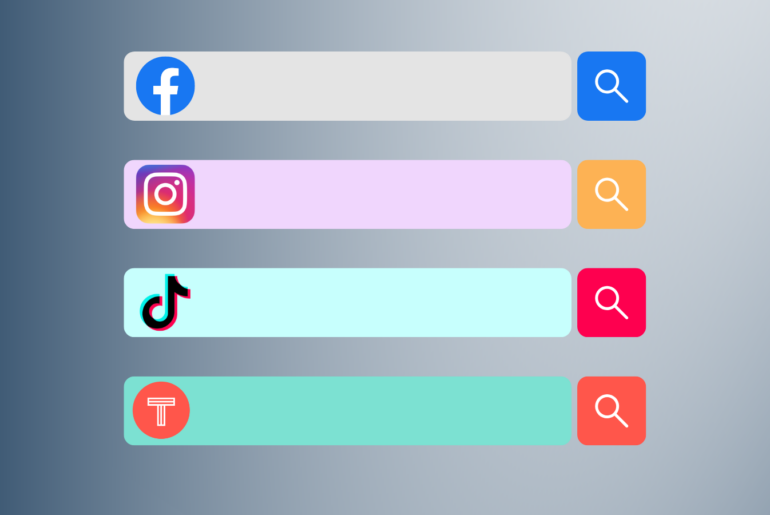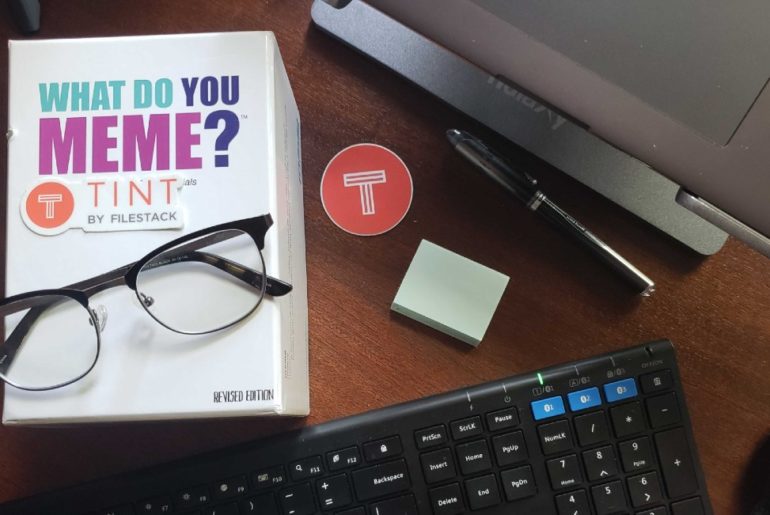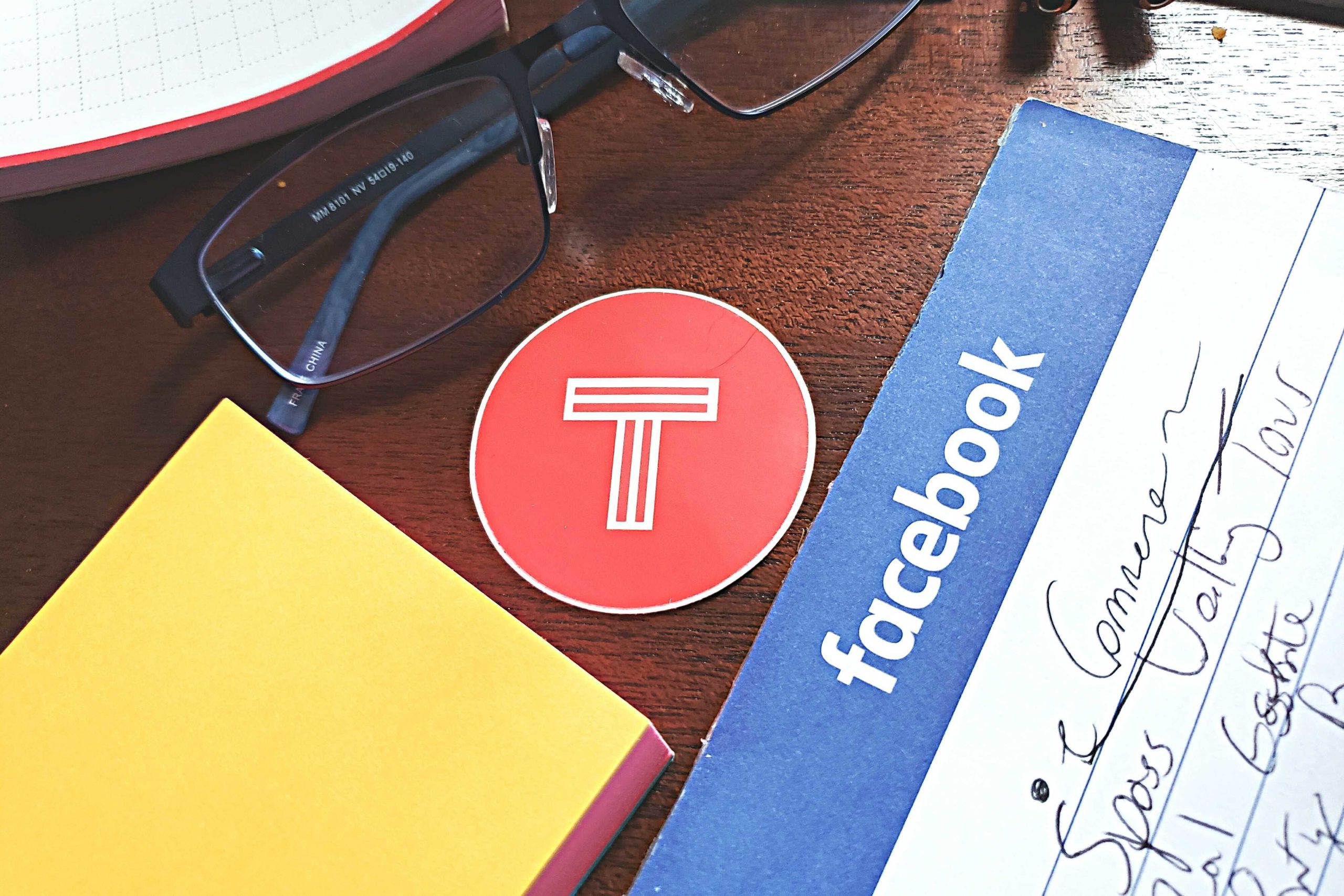This post is going to cover how to use hashtags for PR campaigns, a relatively new marketing tool that companies are now utilizing to boost customer interaction and engagement. Keep reading if you’re interested in creating a hashtag campaign.
What is a hashtag?
In order to explain what a hashtag campaign is, it’s probably proper to first explain what a hashtag is, for those of you who have been living under a rock for the past couple of years. A hashtag is this symbol, ‘#’. The ‘#’ is placed before a word, phrase, or in extreme cases, a sentence, to give an overall theme to a post. For example, “Opening presents for #christmas.” would be an example of a hashtag being used properly. On social media sites such as Twitter, Instagram, and recently, Facebook (read more about recently-released hashtags on Facebook here), hashtags are clickable and lead to other posts with the same hashtags shared by other people, creating a massive forum of online discussion.
What is a hashtag campaign?
That leads us to our next question: What is a hashtag campaign? A hashtag campaign is a marketing tactic involving, yes, you guessed it, hashtags. How does it work? The company (or individual) chooses a certain hashtag, typically one that is very unique (as to avoid collecting random unassociated posts), and asks customers to Tweet and post pictures using that hashtag, depending on the objective of the campaign.
What are the benefits of a hashtag campaign strategy?
Hashtag Campaigns work by encouraging mutualistic relationships between customer and company. The company offers discounts, giveaways, and the opportunity for the customer to see his or her own post on the company’s website/event display. In return, the customer has incentive to shamelessly increase exposure for the company. Everybody wins. Seems simple enough right? How could anything possibly go wrong? Be careful though, there are definitely correct and incorrect ways to deploy hashtag campaigns. We’ll examine some case studies of good and bad hashtag campaigns. Let’s start with the good.
The Positives
1) The White House
The last institution you would expect to run a hashtag campaign, right? Well I wouldn’t expect to do them often, but when they did run one, they did it exceptionally well. The hashtag campaign was centered around the Republicans’ proposal of ending the payroll tax cut, which would result in a loss of 40 dollars for the average worker. The White House launched a hashtag campaign with the headline “What does #40dollars mean to you?” 15,000+ Americans responded, and the GOP backed off of the issue. Success!
2) Dominoes
Dominoes in the U.K. came up with up with a clever way to incentivize their customers to Tweet about Dominoes. From 9-11 am on March 5, Dominoes cut one pence off of the price of pizza for every Tweet by a customer with the hashtag #letsdolunch. The price of pizza that day was lowered from 15.99 to 7.74, which was the price of pizza from 11 am to 3 pm later that day. Cheap pizza for Tweeting? Heck yes!
3) Edge Shave Gels
Let’s face it, there’s not much your customers can Tweet about if they’re trying to talk about your shave gel company. There’s gel, there’s shaving, and that’s pretty much it. That’s why Edge Shave Gels went outside of the box and launched a hashtag campaign with the hashtag #soirritating, taking advantage of two truths: that shaving often leads to irritation, and that people love to complain on social media. So that’s exactly what Edge Shave Gels did: they encouraged people to complain about their problems with the hashtag #soirritating, and tried their best to solve their problems. For example, for one woman who complained about her husband’s faulty hearing aid, they sent her a megaphone. A megaphone. Classic.
The Negatives
Alas, not everyone’s hashtag campaign is successful. Well actually it depends on what you define as successful. What I mean by successful is that a company gains alot of exposure, and most, if not all of it, is good exposure. The companies that we are about to examine were able to get a ton of exposure, there’s no doubt about that. However, much of the attention they received was negative, and for that reason, their hashtag campaigns are considered not-so-much-successes. Let’s see what happened.
1) McDonalds
McDonalds launched a hashtag campaigns with the hashtags #McDStories, which began innocently and well enough, until the people of Twitter decided to turn it into a “vent about your miserable experiences at McDonalds forum.”
2) Susan Boyle
Poor Susan Boyle. She’s just a sweet, sweet old British lady who just looks so sweet and unassuming. That is, until she opens her mouth and does this. Wow. This world is definitely amazing. And yes, she achieved her dream of becoming a professional singer! She released an album. This is where everything for her goes downhill. Her PR team, in an attempt to publicize the album, employed a hashtag campaign. Guess what hashtag they chose?
#susananalbumparty.
Yup.
What two words are your eyes immediately drawn towards?
Yup.
Me too.
Such a shame.
3) Newsweek
This one is a real hoot. Released in September 2012, Newsweek ventured out into the waters of social media in an effort to encourage debate and discussion. The hashtag they chose was #MuslimRage. Oh no….
While this campaign began successfully enough, it soon devolved into a forum for cultural jokes.
Shame.
Lesson learned with these three? Pick your hashtag wisely.




